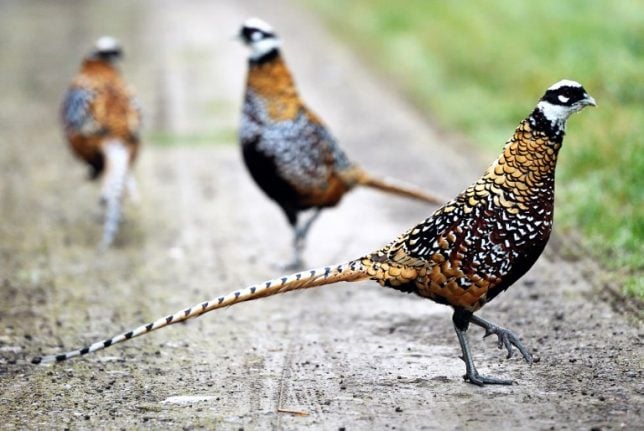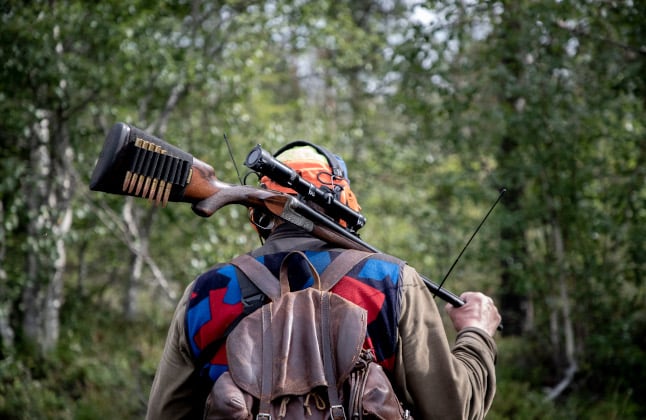Two major producers, Gibovendee and Envol de Retz, are suing French giant Brittany Ferries, accusing them of “discrimination based on political opinion”, their lawyer Alexandre Varaut told AFP on Wednesday.
The companies, which sell both chicks and eggs for breeding or to estates for hunting, are also taking on British-based P and O ferries and Danish shipping company DFDS in separate courts for the same reason.
The two firms, both based in western France, allege that the shipping companies have been refusing to carry their chicks since 2015 over fears of harm to their brand image, largely “because of anti-hunting pressure”.
Brittany Ferries declined to comment, while P and O merely confirmed that they stopped transporting chicks two years ago.
The case against Brittany Ferries was brought to court last month in the western city of Brest, while cases against P and O and DFDS have been brought before courts in Boulogne and Dieppe to the north.
Brittany Ferries told the breeders the company would not transport the chicks because of possible “trade repercussions linked to boycott threats by anti-hunting associations”, according to the claim filed in Brest.

“Refusing transportation and taking sides with anti-hunting associations is a political choice which constitutes discrimination,” Varaut told AFP.
“What is at stake is the reviving of an industry that represents some 300 jobs in France,” Varaut said.
Denis Bourasseau, who heads Gibovendee, said the game bird industry was very dependent on British imports, adding that Britain previously accounted for more than 45 percent of his sales.
Brittany Ferries stopped shipping chicks in October 2015 after the League Against Cruel Sports, a British anti-hunting group, produced a video on pheasant production in France.
The producers are also appealing to regulators arguing that the ban means they are unable to compete fairly on the British market.
“It's as if one banned a truck from boarding a ferry on the grounds that it transported a metal part for a nuclear plant, just because some people oppose this type of energy,” Bourasseau said.
OPINION: 'Hunting in France is outdated and must be banned'




 Please whitelist us to continue reading.
Please whitelist us to continue reading.
Member comments